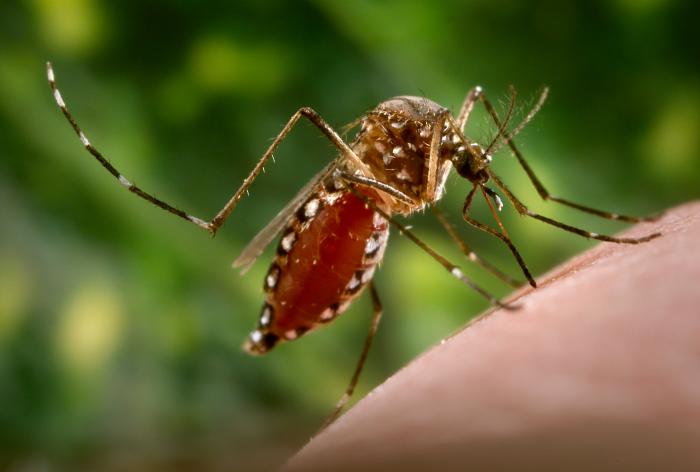In 2015, Thailand health officials saw 142,925 reported dengue fever cases, with 141 fatalities. This included the death of Thai actor, Thrisadee “Por” Sahawong. Health officials at the time predicted another heavy dengue season in 2016; however, this year didn’t even see half the cases reported in 2015.

Image/CDC
The Thailand Bureau of Epidemiology has reported a total of 60,964 cases through Dec. 19, and 60 dengue related fatalities.
In the past week, one Bangkok hospital, Samitivej Sukhumvit Hospital, became the first facility in Thailand to offer immunization against the mosquito-borne disease, Sanofi Pasteur’s Dengvaxia.
The Bangkok Post reports during the past five years, the vaccine was tested on over 30,000 Thai people. When compared to the group receiving placebos, the vaccine was proven to be able to prevent the infection in 60% to 65% of the cases.
On-umar Banpamai, an infectious diseases specialist at Samitivej Sukhumvit Hospital said, “The vaccine shows around 93% efficacy in reducing the severity of the disease and over 80% effectiveness in lessening the need for hospitalization.”
Thailand is one of 11 countries to approve the Sanofi Pasteur dengue vaccine, Dengvaxia. Dengvaxia is the first vaccine licensed for the prevention of dengue in the world.
Dengue infects nearly 400 million people across more than 120 countries each year. Most survive with few or no symptoms, but more than two million annually develop what can be a dangerous dengue hemorrhagic fever, which kills more than 25,000 people each year.
Dengue can cause a high fever, severe headaches, severe pain behind the eyes, rash and joint, muscle or bone pain. Dengue hemorrhagic fever occurs when blood leaks from blood vessels into other parts of the body, which can lead to failure of the circulatory system, shock and possibly death, without prompt treatment.
Related:
- Philippines dengue fever cases update and Dengvaxia plan
- Mexico dengue cases down 33 percent in 2016, Dengvaxia to be rolled out
- Brazil, with more than 1.5 million dengue cases, approves Dengvaxia


4 thoughts on “Bangkok hospital offers Dengvaxia, Thailand dengue cases down in 2016”